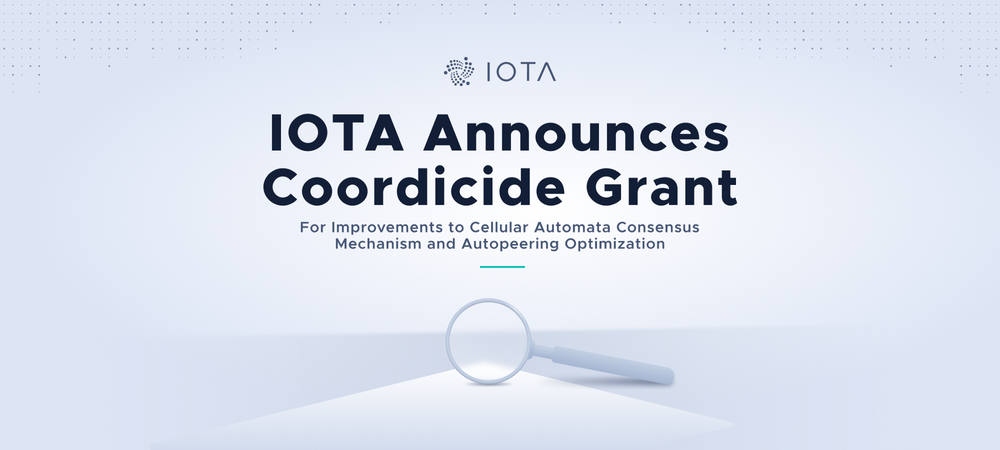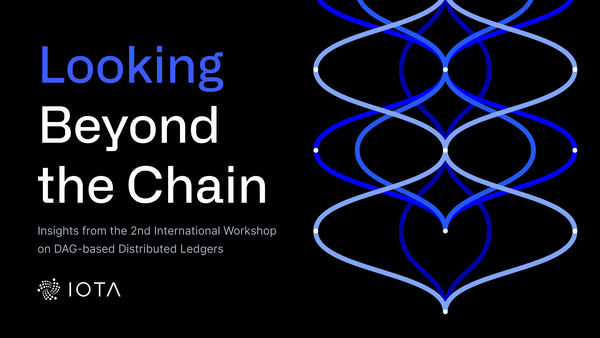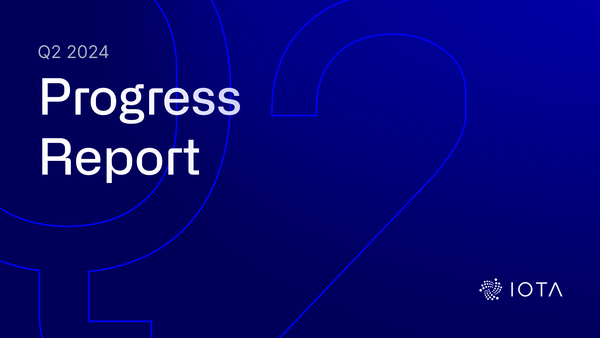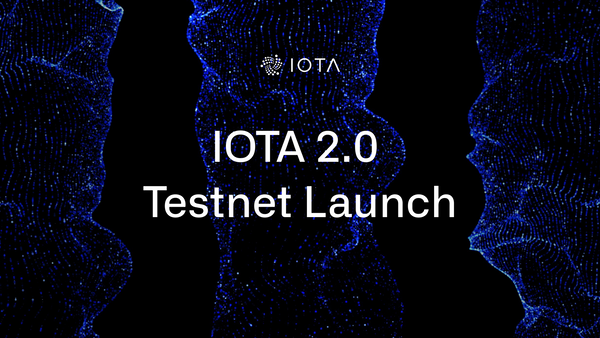IOTA Announces Coordicide Grant for Improvements to Cellular Automata Consensus Mechanism and Autopeering Optimization
We are very excited to announce our latest Coordicide grant. This grant project, titled “Cellular Automation Consensus: Convergence and Modifications,” has been given to the Blockchain Exploration Research Group (BERG). BERG is a small team of DLT researchers located in Wrocław, Poland. They work on solving theoretical and applied problems in distributed ledgers.
The grant work includes two main elements. First, the project undertakes an analysis of the structural properties of graphs generated by the arrow and salt-based autopeering algorithms. Second, the project analyzes the impact of graph configurations on how cellular automata-based consensus reaches finality. Based on the results of these two analyses, proposals may be made for modifying the voting protocol to avoid metastable situations (when the network becomes “locked,” resulting in split opinions on the ledger state), and based on the ar-row research, we will be able to develop a GoShimmer module for the ar-row autopeering algorithm (which is hoped to provide better security against eclipse attacks due to the symmetric distance function). This work focuses on both the theoretical level of improving CA, as well as the implementation of ar-row autopeering in GoShimmer.
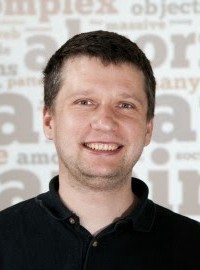
Radosław Michalski is an Assistant Professor at the Department of Computational Intelligence at Wrocław University of Science and Technology in Wrocław, Poland. His research areas cover, but are not limited to: complex network analysis (including distributed ledgers), diffusion and influence processes in networks, as well as machine learning. He has co-authored over 50 publications in these areas. Since 2017 he has led the Blockchain Exploration Research Group, BERG in short, which is focused on analysing blockchain as a complex network (for more details see http://bergplace.org). Dr. Radosław Michalski’s personal website can be found here: https://www.ii.pwr.edu.pl/~michalski.
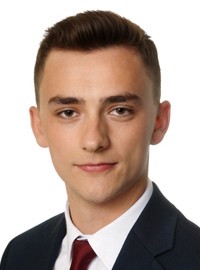
Piotr Macek obtained an Engineer’s degree in computer science in 2018 at Wroclaw University of Science and Technology in Wroclaw, where he continued his education studying Data Science, obtaining a Master’s degree in 2019. He is currently working as a Data Engineer and focuses on data processing. Since 2018 he is a member of the Blockchain Exploration Research Group, which is focused on analyzing blockchain and complex networks.
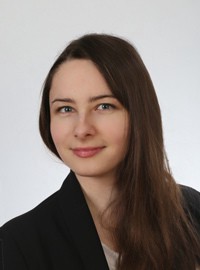
Daria Dziubałtowska graduated in 2019 from Wroclaw University of Science and Technology with an Engineer degree in Applied Mathematics. She is currently pursuing a Master’s degree at Wroclaw Higher School of Applied Informatics. She has been a member of the Blockchain Exploration Research Group from 2018.
On collaborating with IOTA:
As there are multiple challenges that need to be overcome in order to successfully implement a distributed ledger, it is interesting to see how different initiatives are looking for scalable yet secure solutions for running their DLT. IOTA is the one that attempts to avoid a typical chain known from some other ledgers, instead of introducing a tangle-based mechanism. The Tangle is of great interest to us since its foundation can lead to higher scalability. In order to maximize success in this endeavour, it is necessary to estimate and mitigate the potential for disturbances in the network. One relevant area of interest is related to autopeering and network consensus reaching since a DLT that can be easily manipulated by malicious nodes imposes a risk for the assets of legitimate users. Thus, our goal in this grant is to explore possible optimizations to IOTA 2.0 by evaluating a multitude of scenarios for CA behaviour in consensus reaching, depending on how the network is being built and on CA’s parameters. The outcome of this research can then be used for justifying the decisions on which autopeering protocols to use and how to control CA parameters in order to avoid metastable situations in the network and to reduce the impact of the malign behaviour of adversaries. We are especially happy to support IOTA by conducting our research in a crucial moment of IOTA development where the Coordicide project is about to eliminate the coordinator node.
The entire BERG team has been very enthusiastic about IOTA and we have thoroughly enjoyed our engagement with Radek, Piotr, and Daria. We look forward to the results of their analysis of CA. As with any theoretical work, the results of “pure” research are necessarily unknown before the research is undertaken. In the context of this grant, and as we have stated previously, CA is notoriously tricky to prove mathematically. That said, it remains our hope that CA can be utilized in future versions of the protocol to improve both the speed and security of the network. The second aspect of this grant, the analysis of autopeering, is much more straightforward, and we look forward to having an implementation based on the present analysis of ar-row to be included in future versions of GoShimmer.
Thanks for your interest, and we look forward to sharing the results of this project with you in due course.
As always, you can stay up to date with the IOTA Research Team at IOTA.cafe, or by visiting the #tanglemath channel in our Discord.

